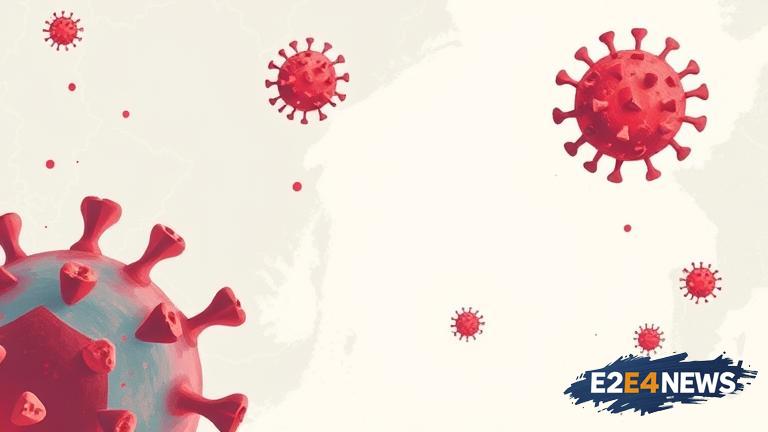The COVID-19 pandemic has presented numerous challenges for individuals and families, particularly in the areas of family law and immigration. With governments implementing various restrictions and measures to mitigate the spread of the virus, many people have found themselves facing difficulties in navigating these complex systems. One of the primary concerns for families has been the impact of travel restrictions on their ability to reunite with loved ones. Many individuals have been separated from their families due to border closures, and the uncertainty surrounding when they will be able to reunite has caused significant emotional distress. Furthermore, the pandemic has also led to an increase in family law issues, such as divorce and child custody disputes. The economic strain caused by the pandemic has put a significant burden on many families, leading to an increase in conflicts and relationship breakdowns. In addition, the pandemic has also highlighted the importance of having a will and estate plan in place, as many individuals have been forced to confront their own mortality. The COVID-19 pandemic has also had a significant impact on immigration, with many countries implementing strict travel restrictions and visa requirements. This has made it difficult for individuals to enter or leave countries, causing significant disruptions to their lives and plans. The pandemic has also led to an increase in immigration-related scams, with many individuals being targeted by fraudulent schemes promising fake visas or immigration documents. To navigate these challenges, it is essential for individuals to seek the advice of a qualified immigration lawyer or family law attorney. These professionals can provide guidance on the best course of action and help individuals to understand their rights and options. In the United States, for example, the pandemic has led to a significant backlog in immigration cases, with many individuals waiting months or even years for their applications to be processed. The pandemic has also highlighted the need for comprehensive immigration reform, with many advocates calling for a more streamlined and efficient system. In terms of family law, the pandemic has led to an increase in the use of technology, such as video conferencing, to facilitate communication and dispute resolution. This has been particularly useful for families who are geographically separated, allowing them to stay in touch and work through their issues remotely. However, the pandemic has also raised concerns about the potential for increased conflict and violence within families, particularly in situations where individuals are forced to spend more time together in close quarters. To address these concerns, many organizations have established support services and hotlines for individuals who are experiencing domestic violence or other forms of abuse. Overall, the COVID-19 pandemic has presented significant challenges for individuals and families, particularly in the areas of family law and immigration. However, by seeking the advice of qualified professionals and staying informed about the latest developments and changes, individuals can navigate these complex systems and find the support and resources they need to thrive. The pandemic has also highlighted the importance of community and social support, with many individuals relying on their friends, family, and neighbors to get through this difficult time. As the pandemic continues to evolve, it is likely that we will see further changes and developments in the areas of family law and immigration. It is essential for individuals to stay up-to-date with the latest information and to seek the advice of qualified professionals to ensure that they are prepared for any eventuality. In conclusion, the COVID-19 pandemic has had a profound impact on family law and immigration, presenting significant challenges for individuals and families worldwide. However, by working together and seeking the support and guidance of qualified professionals, we can navigate these complex systems and build a brighter future for ourselves and our loved ones.





